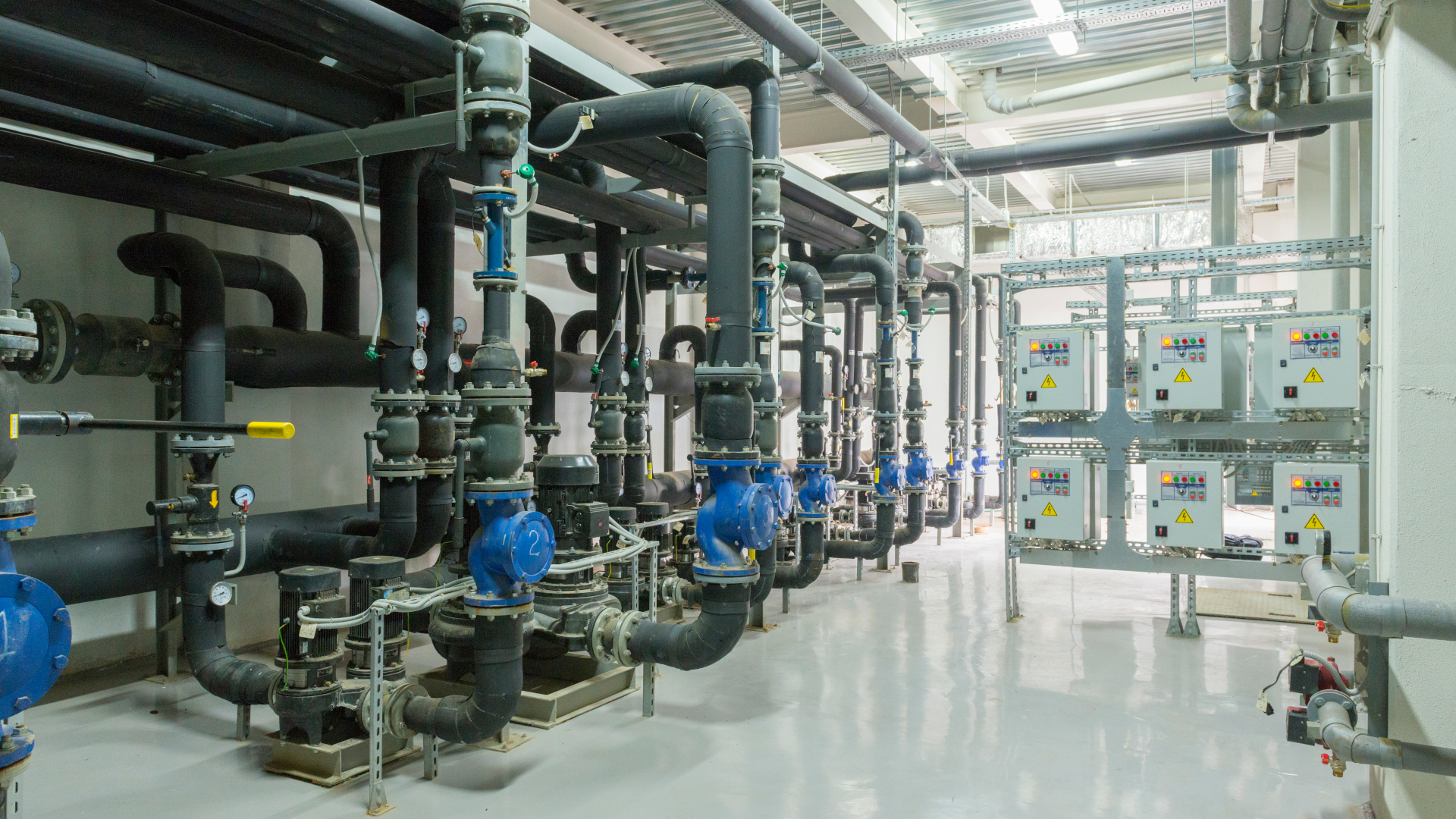Overview
UK Pods, a pioneering company based in Middlesbrough, manufactures innovative bean bag safety restraints as an alternative to the conventional physical restraint methods used in healthcare settings. Their V3 Safety Pod provides head, neck and spinal support, offering a safer and more dignified approach to restraint, whilst reducing associated injuries. To quantify the environmental impacts of their production process, UK Pods commissioned Decerna through the Tees Valley Net Zero project, to conduct a comprehensive Life Cycle Assessment (LCA) of this safety pod following international ISO 14040/44 standards.
Tees Valley Net Zero Initiative
The Tees Valley Net Zero project was a UKSPF funded scheme aimed to enhance business development and decarbonisation in the area. Regarding Life Cycle Assessment, this was an opportunity for SMEs in the local area to claim funded LCA, EPD (Environmental Product Declaration) and CBAM (Carbon Border Adjustment Mechanism) support, to accelerate their net zero journey. This allowed smaller manufacturers to quantify their emissions without facing the common hurdles of cost, time and expertise. Over the duration of the project, Decerna successfully provided two verification ready EPDs and 28 soft LCA supports to these manufacturers.
Objectives
The primary goal of the healthcare LCA was to quantify the environmental impact of producing one V3 Safety Pod as a physical restraint alternative. Using openLCA software and the Ecoinvent database, Decerna examined the entire manufacturing journey from raw material extraction all the way to the factory gate. The assessment sought to identify environmental hotspots within the production process and develop sustainable recommendations for improvement.
Methodology
The assessment followed a cradle-to-gate system boundary, encompassing all production stages including raw material sourcing and transport, all manufacturing steps, energy consumption and packaging systems.
Data collection included primary information from UK Pods and their equipment manufacturer, supplemented by the Ecoinvent database. The analysis used the ReCiPe Midpoint (H) impact assessment method across 18 distinct environmental impact categories.
Key Findings
This healthcare product LCA revealed that two processes dominated the total carbon footprint and identified several key impacts areas, subsequently providing specific recommendations on how to improve their environmental impacts. For example, the high volume of specific raw materials used per pod was identified as the primary contributor.
Conversely, the LCA highlighted several stages with minimal environmental impact, which the client did not need to focus on advancing, as these processes were well optimised for environmental efficiency. Several impacts were also identified to show negligible impacts across the production process.
Recommendations
Significant opportunities for reducing environmental impacts were quantified. Decerna identified that through strategic material substitution and process refinement, environmental impacts across several of the highest categories could be dramatically reduced. Examples include the exploration of component alternatives (such as evaluating bio-based materials), packaging improvements (transitioning to recycled, reusable or biodegradable packaging), and supply chain optimisation (sourcing materials locally to reduce transport emissions).
Benefits
Possessing this LCA positions UK Pods as an environmentally conscious manufacturer in the healthcare sector. The assessment provided:
- Comprehensive documentation of environmental impacts to meet growing sustainability requirements from healthcare organisations
- Transparency that builds trust with customers increasingly demanding environmental accountability
- Support for clients’ own environmental reporting requirements and sustainability targets
- Proactive positioning ahead of potential regulatory change which may require environmental disclosures
By implementing the recommendations and continuing to document their environmental impact, companies like UK Pods can strengthen their market position as both a healthcare innovator and an environmentally responsible manufacturer. This is a significant competitive advantage in a sector where both product efficacy and environmental responsibility are highly valued.





